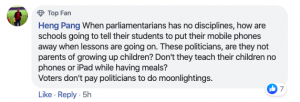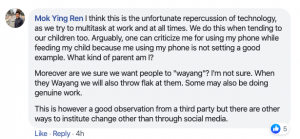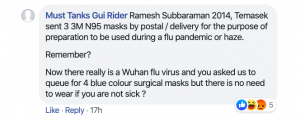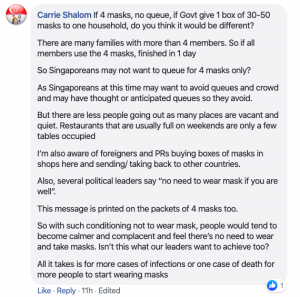By Elodie Cuzin
Iowa’s vote kick-starting the 2020 US presidential contest degenerated into a fiasco marred by major delays on Monday, with Bernie Sanders claiming a slim lead in the Democratic caucus citing partial unofficial results.
Figures released by the leftist senator’s campaign, five hours after the caucuses opened across Iowa, showed Pete Buttigieg in second spot, a strong showing for the former mayor of South Bend, Indiana who was a national unknown just one year ago.
“Iowa you have shocked the nation,” the 38-year-old gay military reservist told loudly cheering supporters in what sounded very much like a victory speech. “Because tonight, an improbable hope became an undeniable reality.”
With chaos on the ground as Democratic party officials reportedly told campaigns not to expect results before sometime Tuesday, Sanders, running as a democratic socialist, took to the microphones to proclaim he had “a good feeling we’re going to be doing very, very well here in Iowa.”
“Tonight in this enormously consequential 2020 election, the first state in the country has voted, and today marks the beginning of the end for Donald Trump,” said the 78-year-old.
Iowa is a closely-watched test in the months-long process to determine who will face the Republican president in November.
Sanders later took the bold step of releasing internal, unpublished results from nearly 40 percent of precincts, showing him with 28.62 percent of the state delegate equivalent, the all-important figure used to determine who wins the Iowa caucuses.
Buttigieg earned 25.71 percent, followed by progressive Senator Elizabeth Warren on 18.42 percent, the data indicated.
Former vice president Joe Biden, the national frontrunner, was in fourth spot, at 15.08 percent, a disappointing showing for the candidate who has consistently claimed he is the person best positioned to take on and defeat Trump.
– ‘Feeling good’ –
The Warren campaign pushed back at Sanders move, with her chief strategist Joe Rospars, tweeting: “Any campaign saying they won or putting out incomplete numbers is contributing to the chaos and misinformation.”
But as the waiting dragged on, with zero results reported, other candidates also made claims to have beaten expectations.
“I’m feeling good,” Biden said before Sanders released the internals. “So it’s on to New Hampshire, Nevada, South Carolina, well beyond. We’re in this for the long haul.”
New Hampshire votes second, on February 11, and tradition dictates that the top performers in Iowa board jets and race to The Granite State to capitalize on the momentum.
With the results in limbo, Senator Amy Klobuchar, from the neighboring Midwestern state of Minnesota, insisted “we are punching above our weight.”
Sanders’s data shows Klobuchar in fifth, at 10.93 percent.
– ‘Meltdown’ –
The Iowa embarrassment is particularly bad timing, as US officials are under pressure to demonstrate the integrity of the voting system following 2016, when Russia stood accused of interfering in the presidential election in an effort to help Trump defeat Democrat Hillary Clinton.
In a statement read on US networks, Mandy McClure, communications director at the Iowa Democratic Party, said further checks were ordered after “inconsistencies” were found in the reporting of three sets of results.
“This is simply a reporting issue,” she said, denying there was “a hack or an intrusion.”
Biden’s campaign counsel Dana Remus wrote a stern letter to Iowa Democratic Party chair Troy Price complaining of the “considerable flaws” of the night’s caucus.
“We believe that the campaigns deserve full explanations and relevant information regarding the methods of quality control you are employing, and an opportunity to respond, before any official results are released.”
Republicans meanwhile rushed to suggest either incompetence or foul play by the Democratic leadership.
“Democrat party meltdown,” Trump campaign manager Brad Parscale said in a stinging tweet.
“They can’t even run a caucus and they want to run the government. No thank you.”
Trump — who has been weighed down by an impeachment process expected to end with his acquittal on Wednesday — is almost certain to mention the chaos on Tuesday night when he address Congress and the nation during his annual State of the Union speech.
Unlike secret ballot voting, Iowa caucus-goers publicly declare their choice by standing together with other supporters of a candidate. Candidates who reach 15 percent support earn delegates for the nomination race while supporters of candidates who fall short can shift to others.
It appeared the delays may have been exacerbated by new rules that the Democratic Party instituted after the 2016 election that now require caucuses to report three sets of numerical data throughout the process, rather than one set previously.
Held across nearly 1,700 sites, the Iowa vote offers a critical early look at the viability of the 11 Democrats still in the race — even though just 41 delegates are up for grabs, a fraction of the 1,991 needed to secure the nomination in July.
mlm/ec
© Agence France-Presse
/AFP
























































